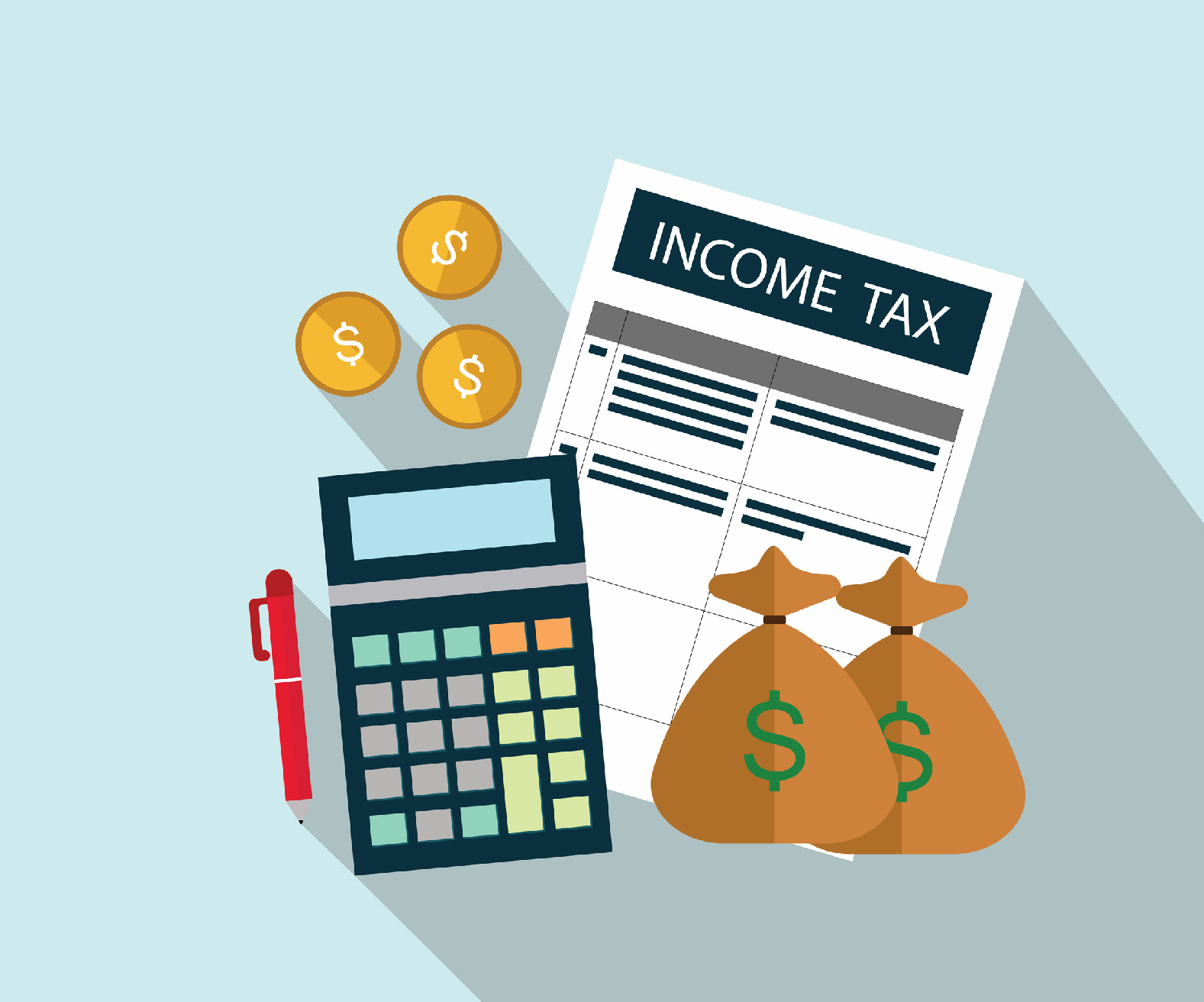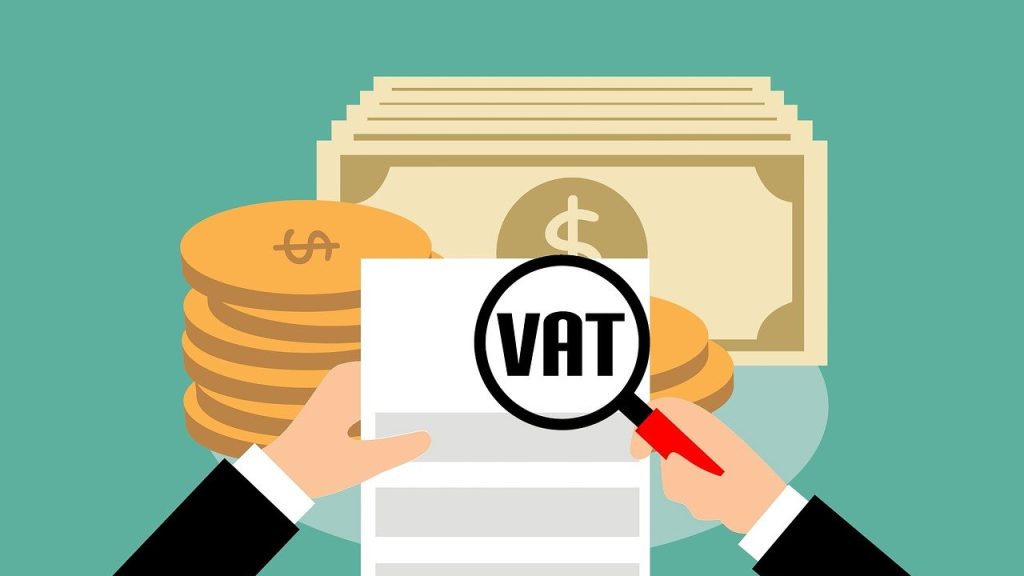New rule for taxation of foreign income from 1 Jan 2024
HLB Thailand Tax Team
Thailand's Revenue Department has issued an instruction that changes its interpretation of the taxation of foreign income remitted into Thailand by personal taxpayers, effective from 1 January 2024.
The instruction, dated 15 September 2023, states that a tax resident of Thailand who derives assessable income from an employment or business carried on abroad, or from a property situated abroad shall, upon bringing such assessable income into Thailand, pay tax on such income.
A person that stays in Thailand for 180 days or more in a tax year shall be considered a tax resident of Thailand for that year, under the Revenue Code.
Section 41 of the Revenue Code governs the taxation of foreign source income. Prior to this instruction, the section has been interpreted as limiting the taxation of foreign income to income that is derived and remitted into Thailand in the same tax year.
The Revenue Department issued another instruction on 21 November 2023 to clarify that their new interpretation of the law will not apply to foreign income earned before 1 Jan 2024. This instruction and an unofficial English translation can be found here.
As a result, foreign income earned in 2023 or prior years that is brought into Thailand after 31 December 2023 will not be subject to tax.
Double tax agreements play a role in shaping a country's tax treatment of income derived from foreign sources. Thailand has over 60 double tax agreements, which can modify the tax treatment under the Revenue Code.
Section 41 of the Revenue Code
The instructions were issued by the Revenue Department as guidelines to revenue officers when conducting tax audits or advising taxpayers on the taxation of foreign income under Section 41 of the Revenue Code.
The law remains unchanged. Section 41, translated in English, reads as follows:
Section 41 A taxpayer who in the previous tax year derived assessable income under Section 40 from an employment, or from business carried on in Thailand, or from business of an employer residing in Thailand, or from a property situated in Thailand shall pay tax in accordance with the provisions of this Part, whether such income is paid within or outside Thailand.
A resident of Thailand who in the previous tax year derived assessable income under Section 40 from an employment or from business carried on abroad or from a property situated abroad shall, upon bringing such assessable income into Thailand, pay tax in accordance with the provisions of this Part.
Any person staying in Thailand for a period or periods aggregating 180 days or more in any tax year shall be deemed a resident of Thailand.
This translation is from the Revenue Department's website.
Tax advantage for LTR visa holders
Thailand has a Long-Term Resident visa (LTR Visa) program that commenced from 1 September 2022. The program provides a range of tax and non-tax benefits to attract ‘high-potential’ foreigners.
One tax benefit an LTR visa holder receive is an income tax exemption under Royal Decree No 743 issued under the Revenue Code.
The exemption applies to income from an employment or from business carried on abroad or from a property situated abroad shall, that has been brought into Thailand.
There are three categories of LTR Visa holders eligible for the exemption: Wealthy Global Citizens, Wealthy Pensioners and Work-from-Thailand Professionals.









